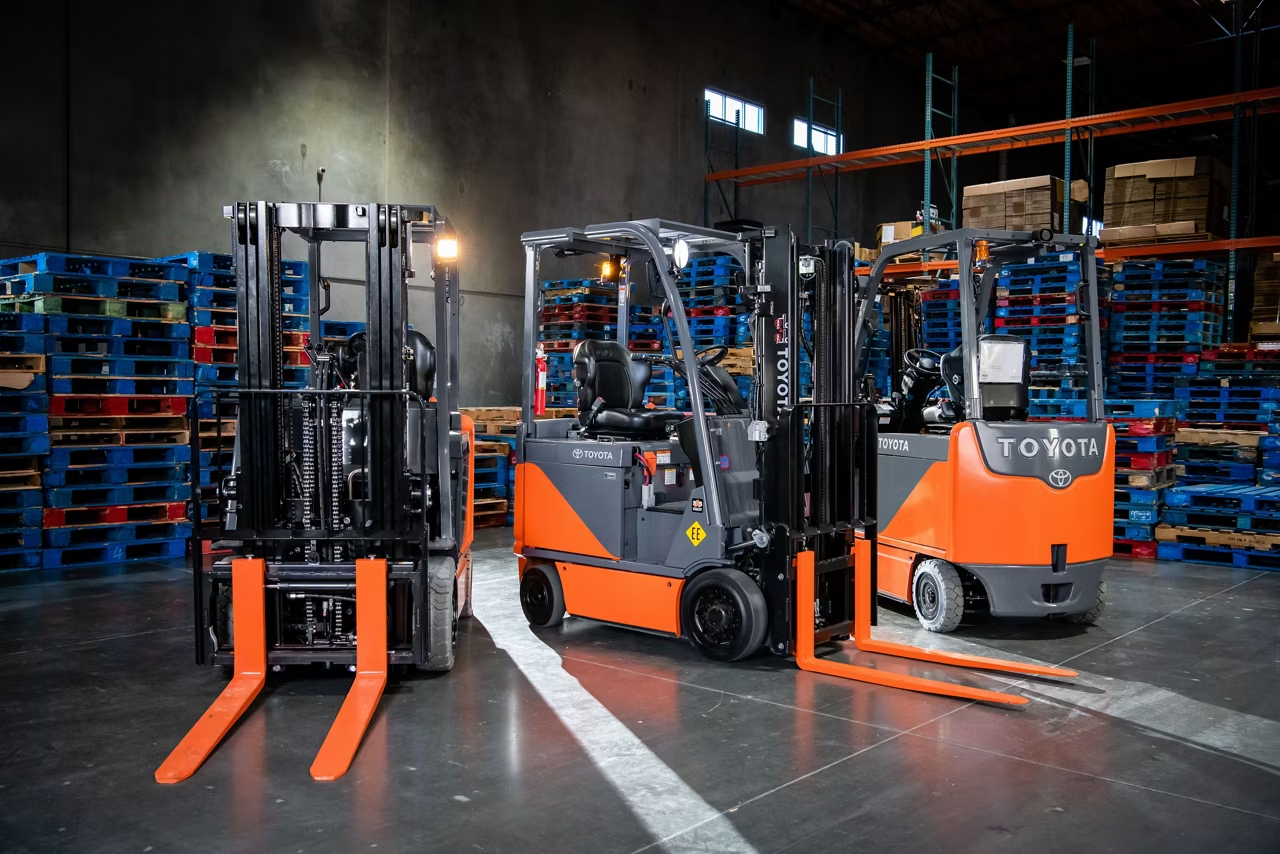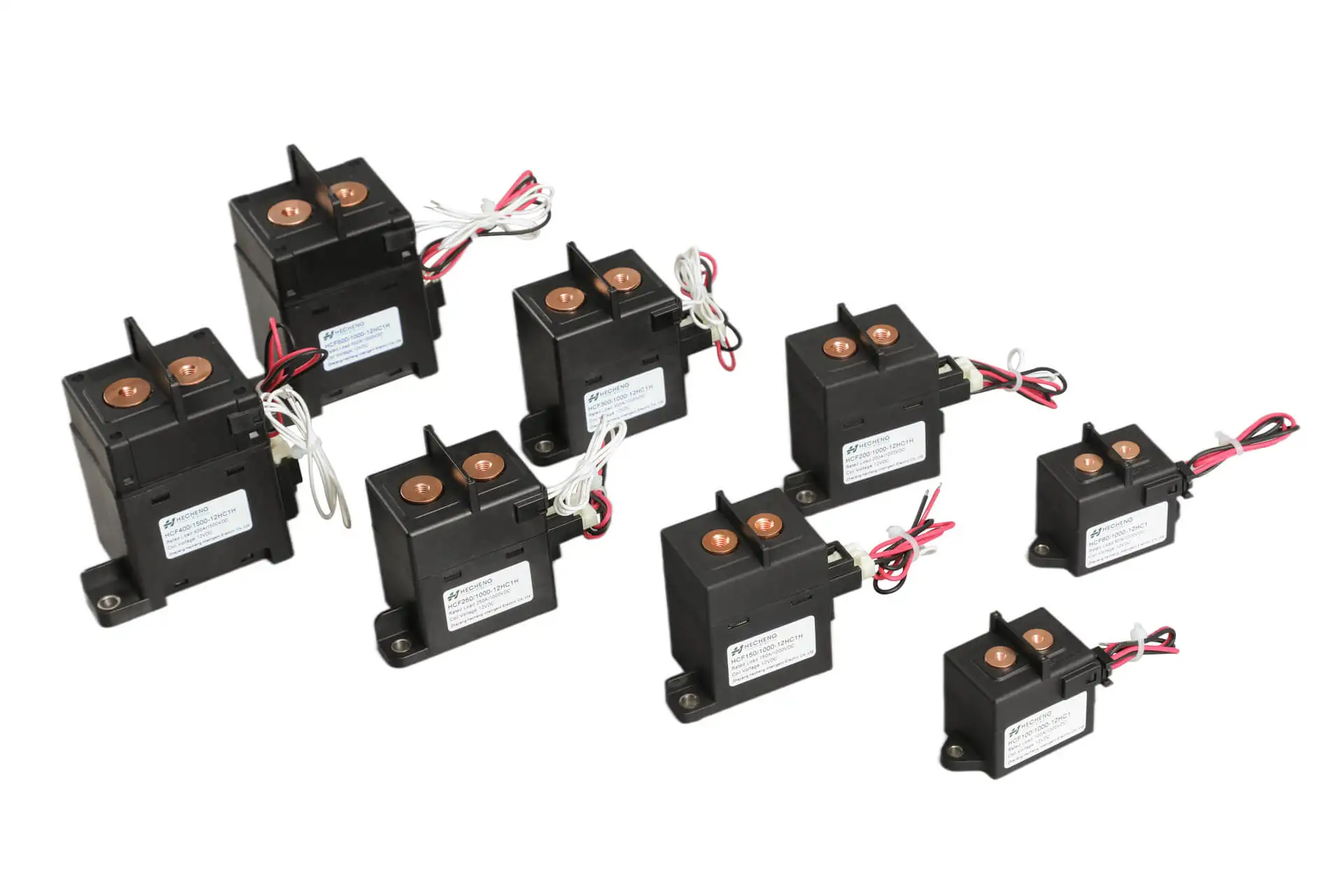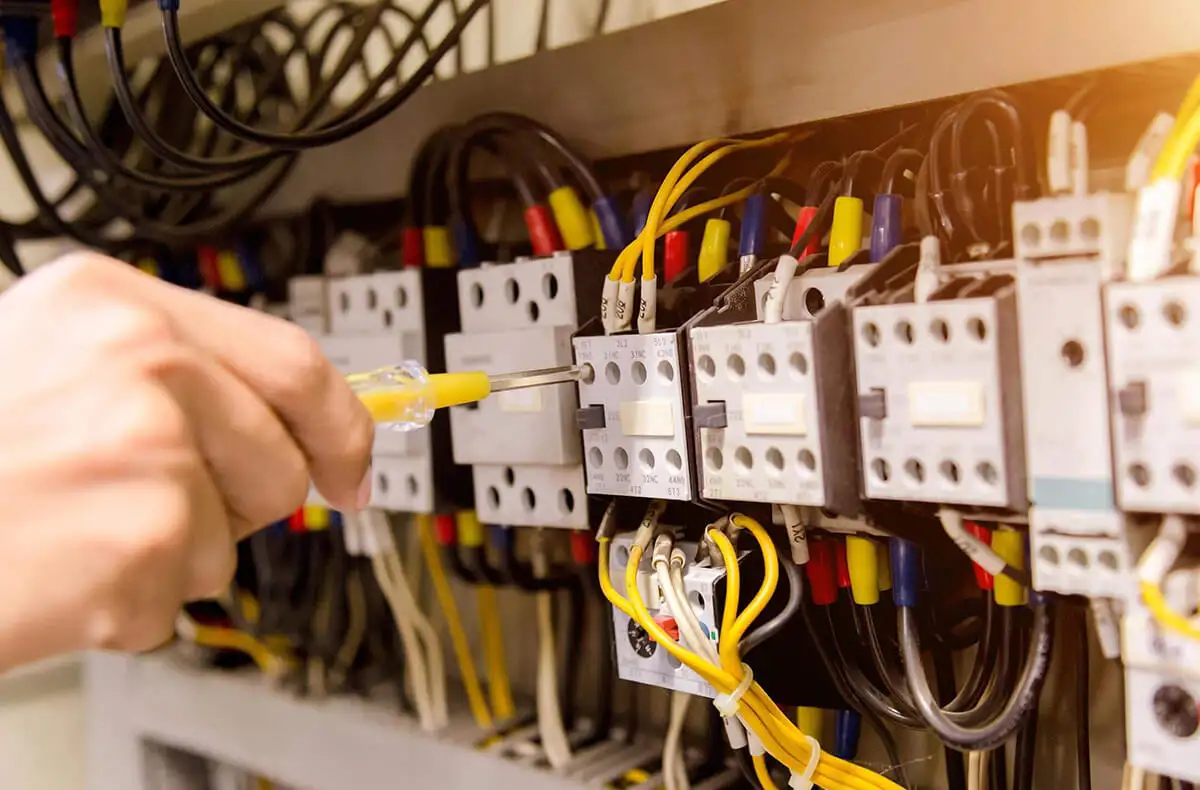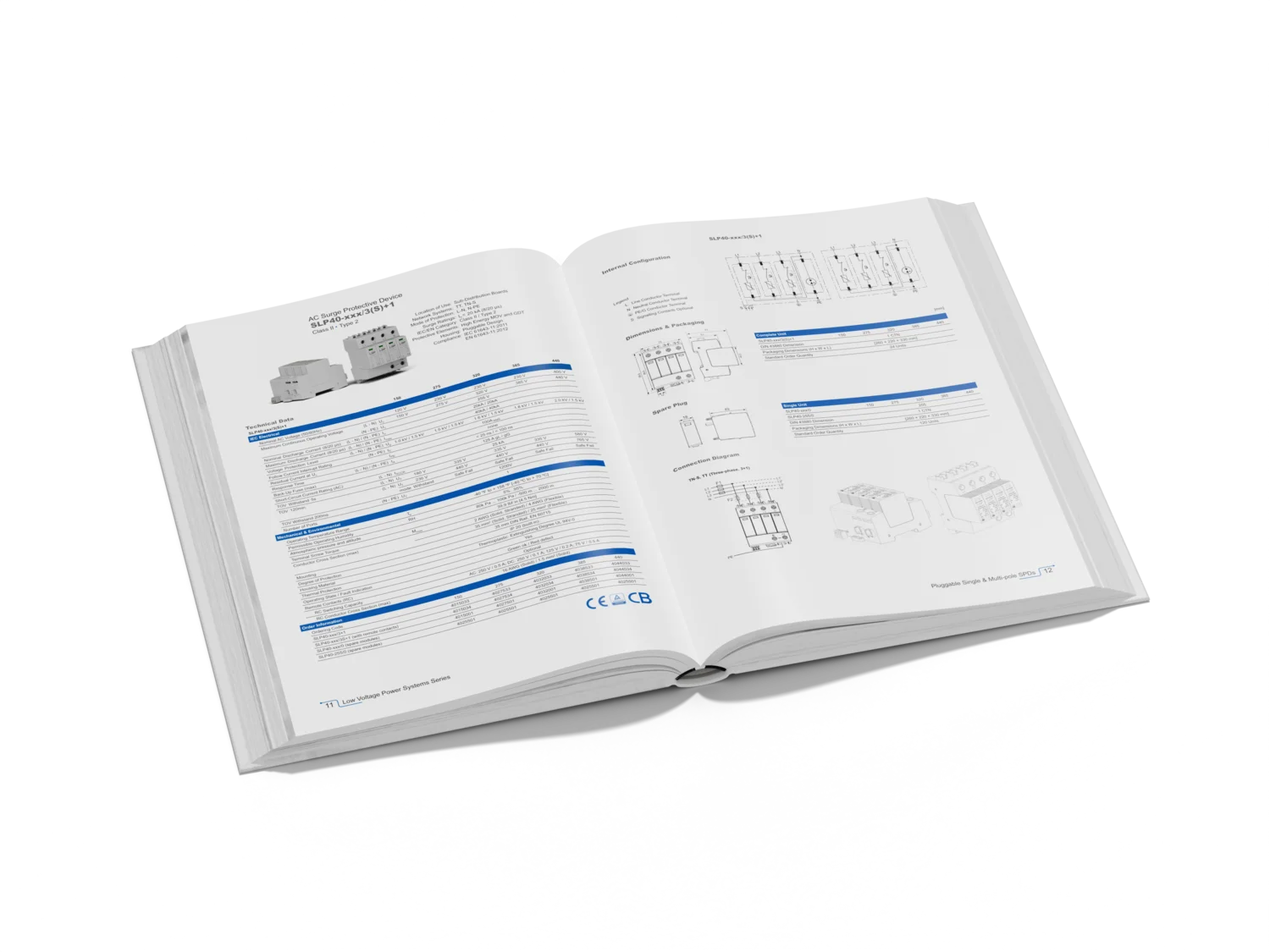When it comes to choosing a battery for your forklift, making the right decision is crucial to ensure your equipment operates efficiently and effectively. Forklift batteries directly impact the performance, reliability, and longevity of your machinery. With so many options available, it can be overwhelming to determine which battery is the best fit for your needs.
Here’s a comprehensive guide on how to choose the best battery for your forklift:
1. Understand the Different Types of Forklift Batteries
There are several types of forklift batteries available, each with its own pros and cons. The most common options include:
- Lead-Acid Batteries: The traditional choice, these batteries are affordable and have been the industry standard for many years. However, they require regular maintenance (such as adding water) and can be heavy.
- Lithium-Ion Batteries: A newer option that is gaining popularity. Lithium batteries are more efficient, maintenance-free, and last longer. They charge faster and provide consistent performance throughout their lifespan.
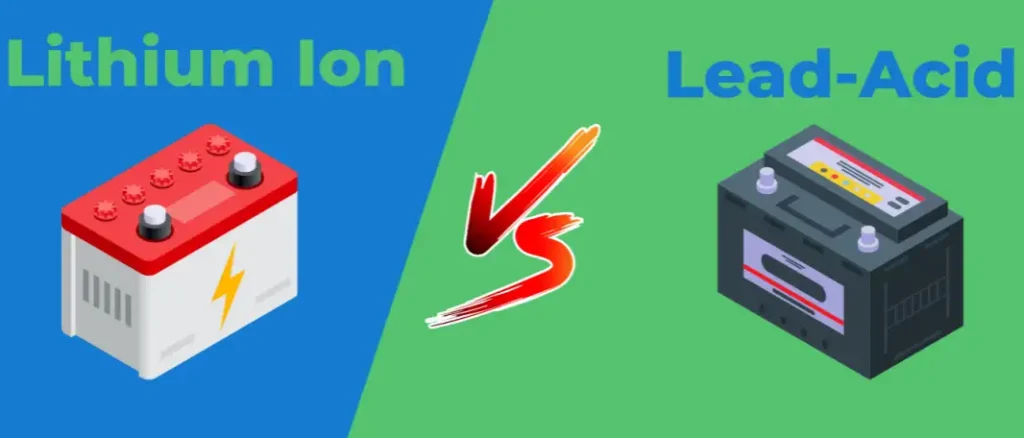
2. Consider the Forklift’s Power Requirements
Forklifts come in a variety of models, each with its own specific power needs. The battery’s voltage and amp-hour (Ah) rating will determine how long the forklift can run on a single charge.
- Voltage: Forklifts typically operate on 24V, 36V, 48V, or 80V systems. It’s important to choose a battery that matches your forklift’s voltage specifications. Using the wrong voltage can damage your forklift and reduce its lifespan.
- Amp-Hour Rating: The amp-hour rating indicates how much energy a battery can store and how long it will last before needing a recharge. Higher amp-hour ratings are ideal for forklifts used in heavy-duty operations or for long shifts.
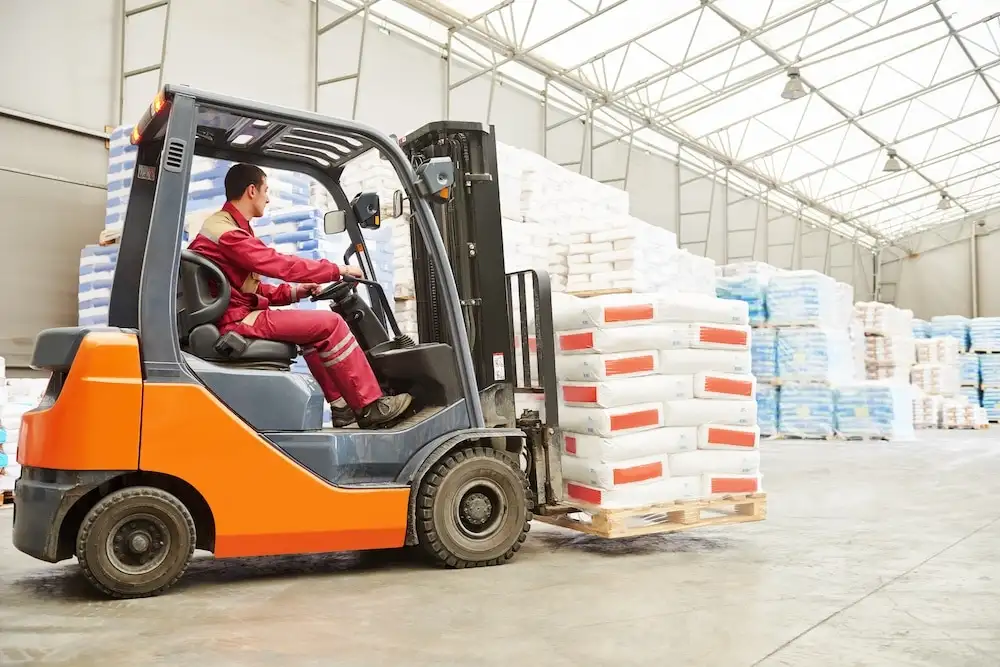
3. Assess Your Usage Pattern
The frequency and intensity of your forklift’s usage will influence the type of battery you should choose. Here are a few scenarios to consider:
- Light to Moderate Use: If your forklift is used intermittently or for short durations, a lead-acid battery may suffice. It’s a cost-effective option that offers decent performance for light to moderate applications.
- Heavy Use or Multiple Shifts: For forklifts that are used continuously or in multi-shift operations, a lithium-ion battery is likely the better choice. Lithium batteries offer faster charging times, longer life, and better performance over time, reducing downtime and improving productivity.
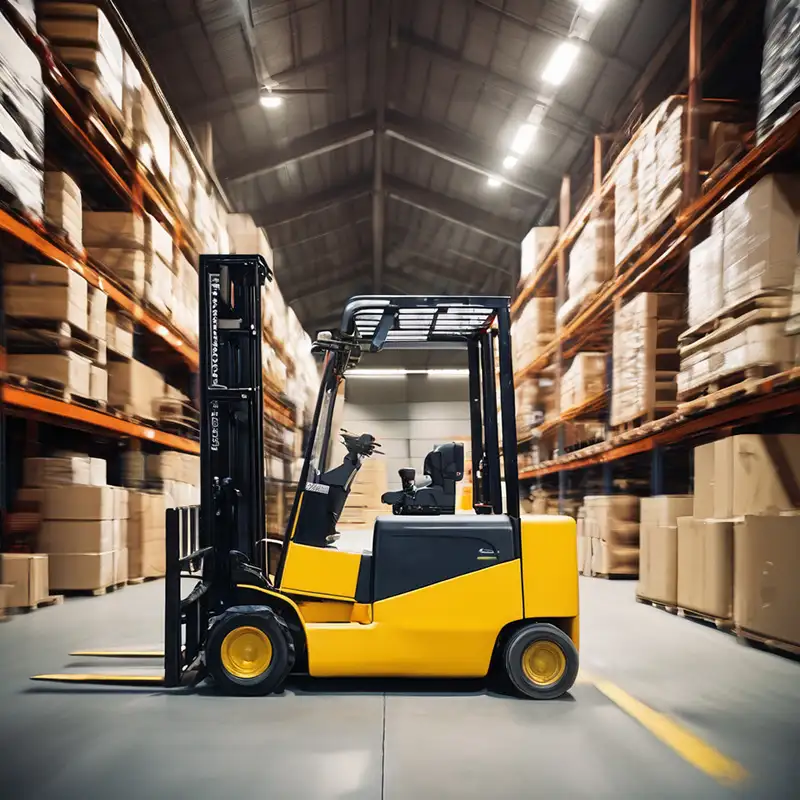
4. Battery Lifespan and Maintenance
When selecting a forklift battery, it’s important to think about its lifespan and maintenance requirements:
- Lead-Acid Batteries: These batteries typically last 3-5 years, but they require regular maintenance, including checking water levels, cleaning terminals, and ensuring proper charging.
- Lithium-Ion Batteries: Lithium batteries last longer, with a lifespan of 7-10 years. They are maintenance-free, meaning you don’t need to worry about regular checks and cleaning. This makes them a great choice for businesses looking to reduce downtime and maintenance costs.

5. Charging Time and Flexibility
Charging time is another factor to consider when choosing a forklift battery. Lead-acid batteries can take 8-12 hours to fully charge, and they should be left to cool down between charges. On the other hand, lithium-ion batteries charge much faster, typically in 1-2 hours, and can be recharged quickly during breaks without affecting their lifespan.
Lithium batteries also offer opportunity charging, meaning they can be charged at any time during the day, helping you keep your forklift in operation with minimal interruptions.
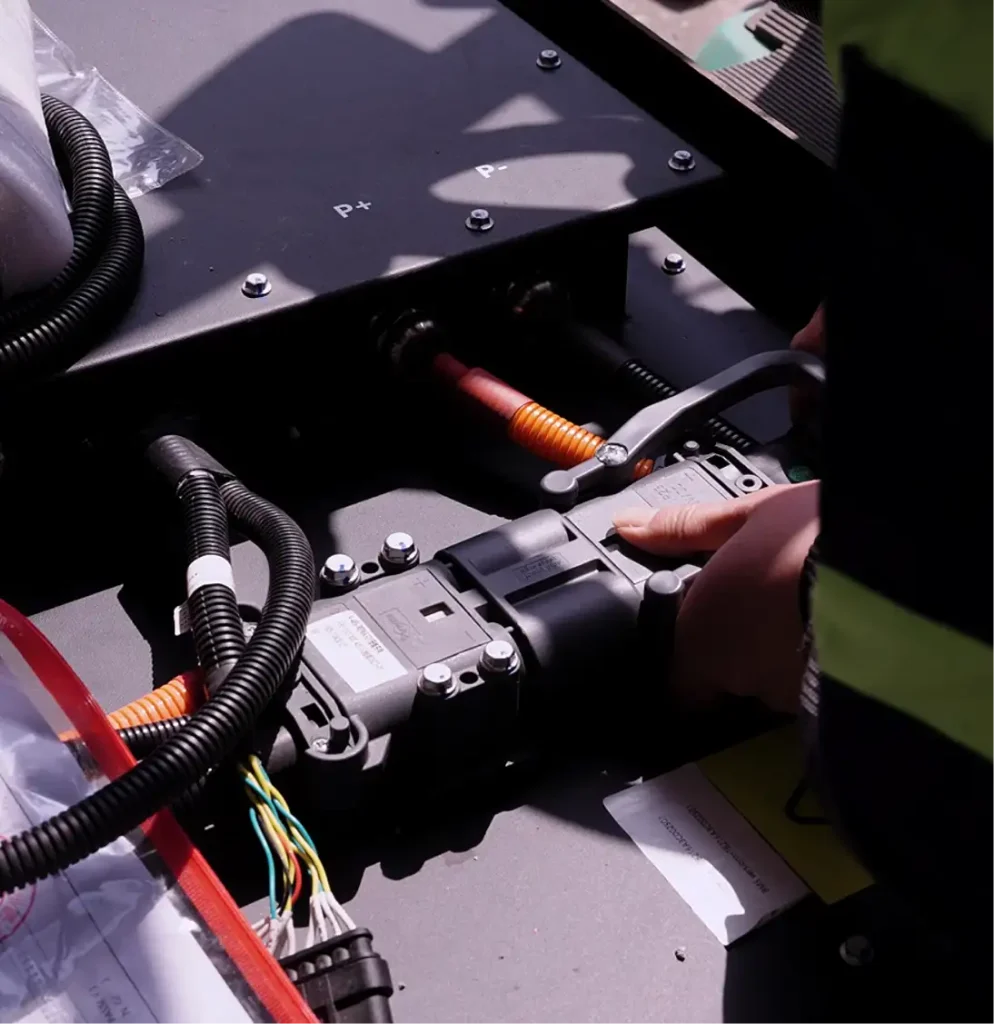
6. Total Cost of Ownership
While lithium-ion batteries may have a higher upfront cost, their total cost of ownership is often lower in the long run. They require less maintenance, have a longer lifespan, and can save you money on electricity costs due to their higher energy efficiency. Lead-acid batteries are less expensive upfront, but their maintenance and shorter lifespan could result in higher long-term costs.
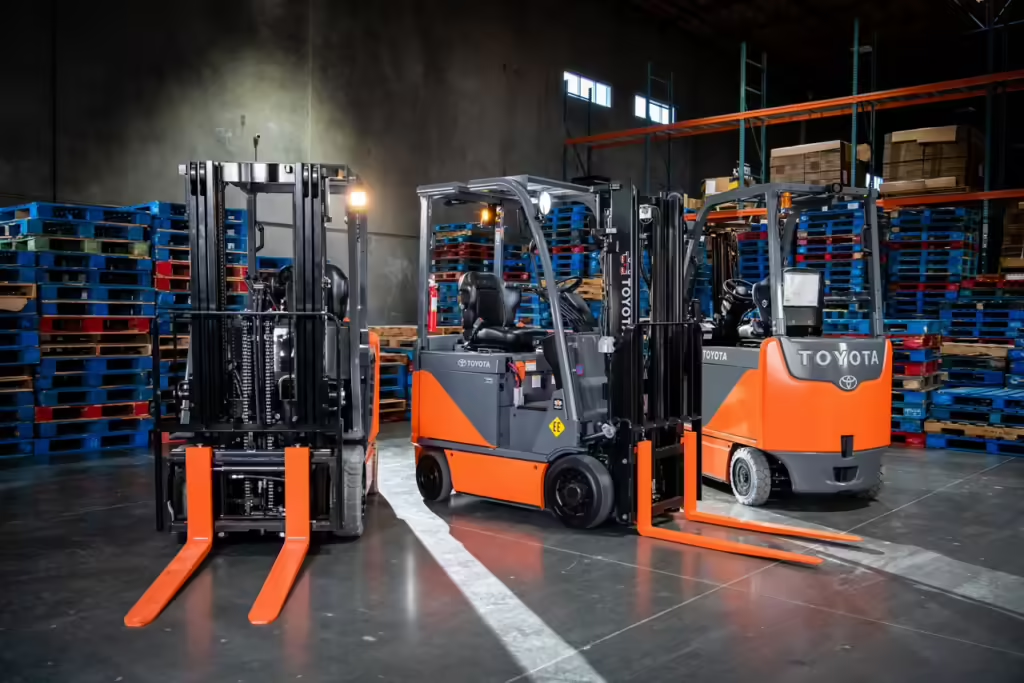
Read More:
Top 10 Lithium Battery Manufacturers in China↪️
7. Environmental Impact
If sustainability is important to your business, lithium-ion batteries are a more environmentally friendly choice. They are more energy-efficient, have a longer lifespan, and do not produce harmful gases like lead-acid batteries. Additionally, lithium batteries are recyclable, reducing the environmental impact at the end of their life cycle.
Final Thoughts
Choosing the best forklift battery involves considering your forklift’s power requirements, usage pattern, maintenance preferences, and budget. Whether you opt for the more traditional lead-acid battery or the modern, high-performance lithium-ion battery, the right choice will depend on your unique business needs.
At HIITIO, we specialize in providing high-performance lithium-ion forklift batteries that can help you improve efficiency, reduce downtime, and lower long-term costs. Contact us today to find the perfect forklift battery for your business and take your operations to the next level!

